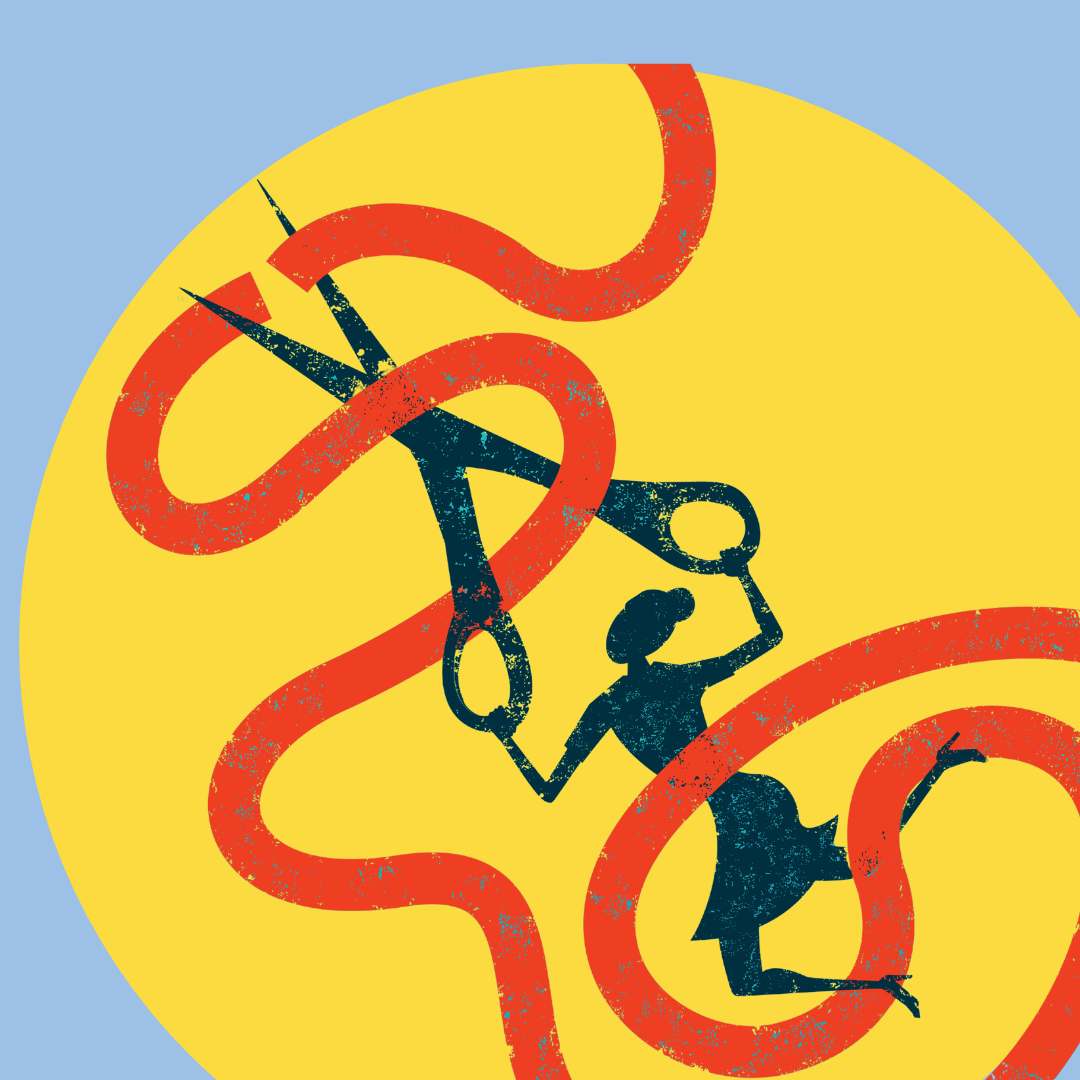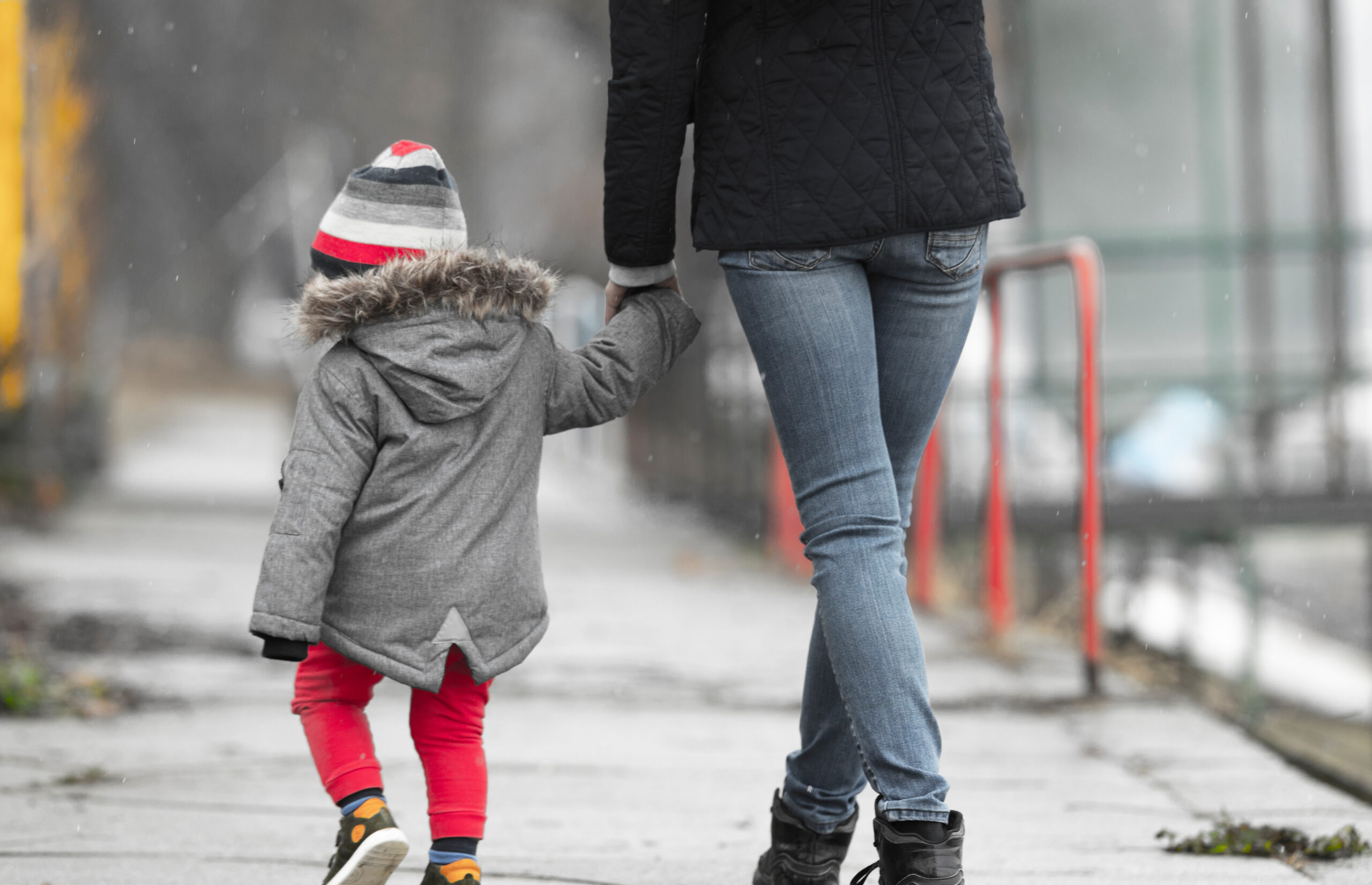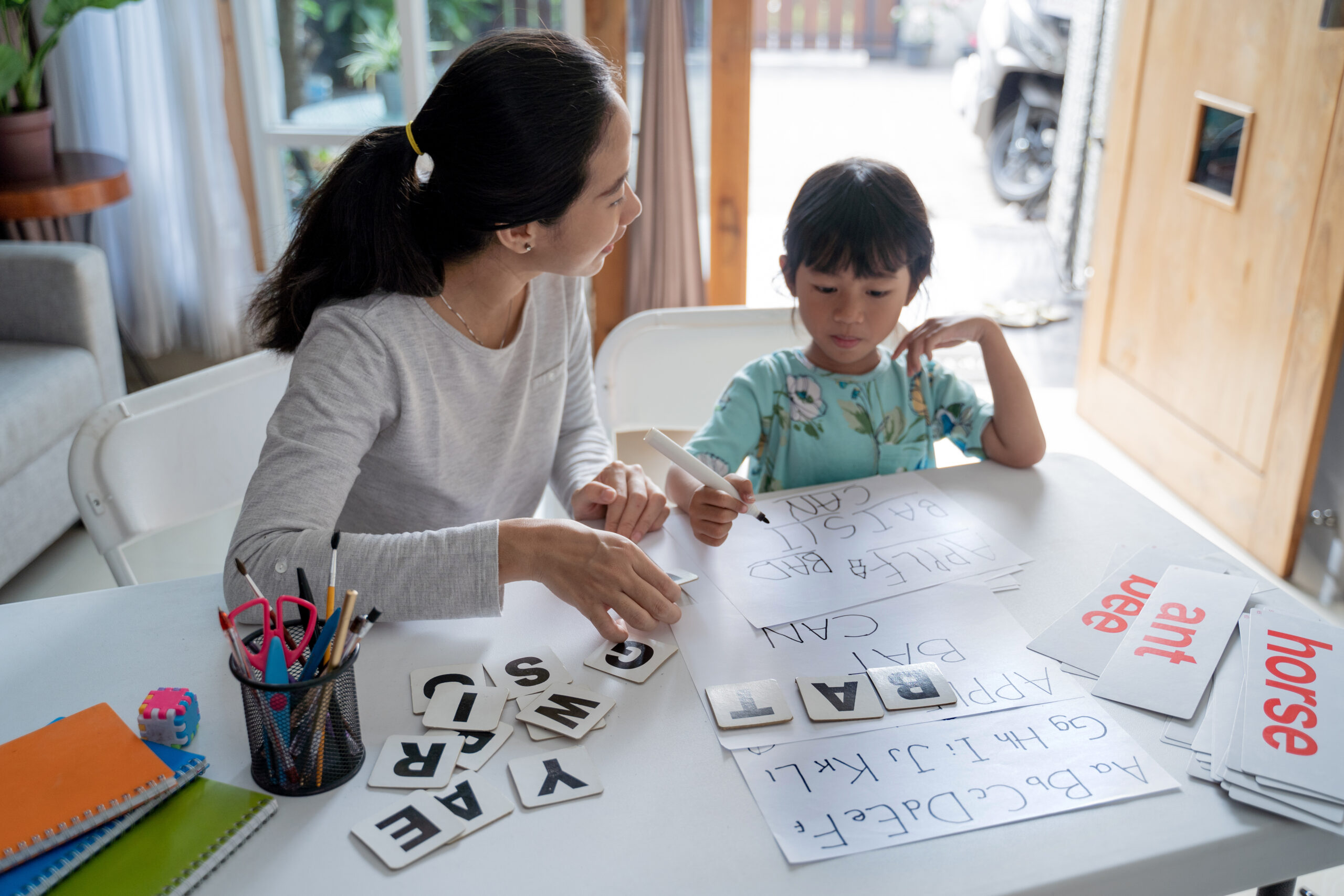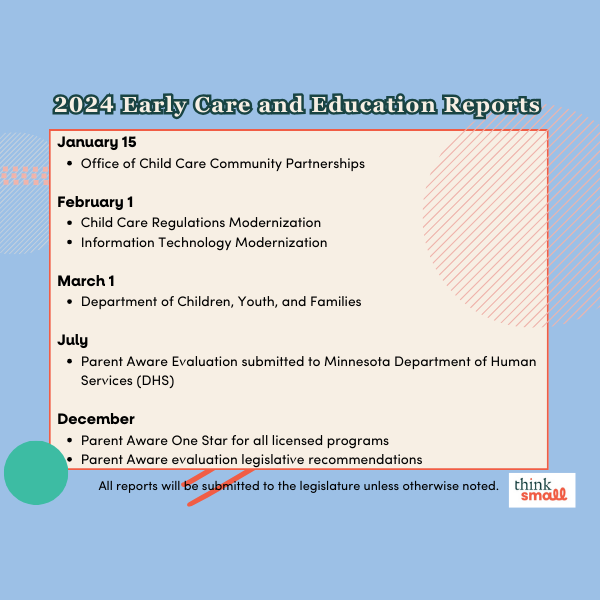 Minnesota legislators wrapped up the special session last week, and the Governor signed budget bills into law. Read about the new policies and programs that affect early learning throughout the state.For more details about the provisions, check out the Child Care Aware of Minnesota Legislative Update. Continue to look for more specifics as the administration and departments work on the implementation process.
Minnesota legislators wrapped up the special session last week, and the Governor signed budget bills into law. Read about the new policies and programs that affect early learning throughout the state.For more details about the provisions, check out the Child Care Aware of Minnesota Legislative Update. Continue to look for more specifics as the administration and departments work on the implementation process.
Education
EARLY LEARNING SCHOLARSHIPS
- Increase in funding of $20.6 million over the biennium for Pathway I
- Adds homeless, foster and child protection to priority list and expands this priority list to serve age 0-5
- Early learning scholarships can be used at one, two, three and four star Parent Aware-Rated sites until 2020. Starting in 2020, only three and four Star rated programs will be eligible.
SCHOOL READINESS PLUS
- $50 million for school-based pre-k programs over the next two years only.
- To participate, children must be 4 years old by September 1
- Children may participate for free if they have one or more risk factors including:
- Qualify for free or reduced lunch
- English Language Learner
- Homeless
- In foster care
- Has an IEP
- Children without any identified risk factor may participate for a fee
- Children may participate for free if they have one or more risk factors including:
Program requirements and application process will be similar to Voluntary Pre-K (VPK)
- Must offer at least 350 hours of programming per year
- Instruction must be aligned with state guidelines and standards addressing multiple domains of child development
- Partnering with a community-based provider, such as a child care center or family child care, will be considered positive as part of the application process
- Funding must supplement, not supplant, existing funds
Health and Human Services
Funding Changes
Several programs received new funding.
|
Item |
FY 18-19 |
| Child Care Assistance Program Modifications | $18.6 million |
| Child Care Financial Fraud & Abuse Investigation | ($464,000) |
| CCDBG Licensing and Background Studies | $6.35 million |
| Child Care Assistance multi-county rate adj. | $142,000 |
| One time funding for CCAP from CCDBG funds | ($18 million) |
| Child Care Assistance Program integrity (savings) | ($15.3 million) |
Policy Changes
Many new child care-related policies made it in to the final bill. Below is an overview. CHILD CARE ASSISTANCE PROGRAM (CCAP)
- Implements “family friendly” provisions required by the Child Care and Development Block Grant (CCDBG), including:
- Eligibility redetermination every 12 months (instead of the current 6 month requirement)
- No change to eligibility during the 12 month period due to income changes (unless income exceeds 85% of the state median income)
- No reduction in the authorized number of hours during the 12 month period due to reductions or temporary changes in work hours
- Some additional flexibility/consistency around the use of approved education and training programs throughout CCAP
- Extended eligibility for 3 months after work or school/training programs end
- Modifies the maximum rate for child care providers who are located within the boundaries of a city located in two or more of the counties of Benton, Sherburne, and Stearns
FEDERAL CONFORMITY WITH THE CHILD CARE AND DEVELOPMENT BLOCK GRANT (CCDBG)
- Requires an annual inspection for licensed programs
- Enhances the background check process
- Requires that the commissioner make publicly available on the department’s website the results of inspection reports of all licensed child care providers
- Requires that an enrolled child’s parent or legal guardian must be allowed access to their child any time while they are in care
- Adds Health and Safety requirements including the creation of an emergency preparedness plan
- Creates a certification process for license-exempt child care centers
LICENSING AND REGULATION MEASURES
- Modifies the definition of “annual” in family child care training requirements
- Requires a licensing agency to offer an exit interview to discuss violations observed during inspection
- Requires the commissioner to issue an amended correction order and requires the license holder to post the amended order, if the commissioner reverses or rescinds a violation in a correction order upon reconsideration.
- Prohibits mandating or suggesting quotas for issuing correction orders.
- Requires the commissioner to issue a “fix-it ticket” to a child care provider under a variety of specific situations
- Requires DHS to inform family child care and child care center license holders of changes in federal and state policies relating to child care
- Directs the commissioner to develop guidelines for posting public licensing data for licensed child care programs in consultation with stakeholders.
OTHER ELEMENTS
- Requires a report on the status of child care in Minnesota to legislators
- Incorporates the Governor’s proposed changes to CCAP to address program integrity concerns
LEGISLATIVE PROPOSALS NOT INCLUDED IN THE BILL
- Exemption of licensed family day care programs, licensed group family day care facilities, and licensed child care centers from the positive supports rule
- Repeal of the state statute related to the Family Child Care Providers Representation Act (unionization)
- Increased CCAP reimbursement rates for providers
Taxes
Allocates an additional $35.8 million for the state dependent care credit.
Jobs
Provides $519,000 in 2018 only for child care business start-up and expansion grants to local communities to increase the supply of quality child care providers in order to support economic development. At least 60 percent of grant funds must go to communities located outside of the seven-county metropolitan area.







